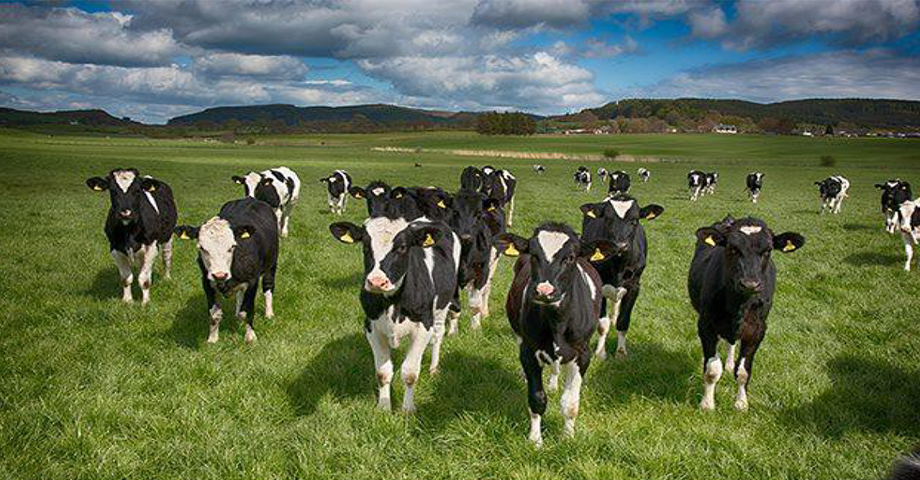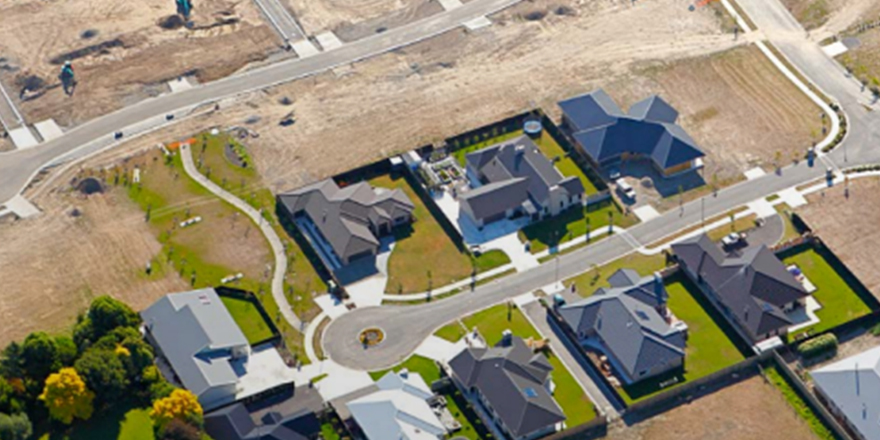
Executive Summary
Adoption of digital technology on farm has been largely for business as usual activities that are a “nice to have” aspect rather than a “must have”. In the future agribusinesses will use digital technology to lower operating costs, increase productivity and expand to new markets or develop new product offerings.
The aim of this study is to discuss the six emerging technologies and what this means for farmers. The technologies covered are Artificial Intelligence (AI), Virtual Reality (VR), Augmented Reality (AR), Internet of things (IoT), Blockchain and Quantum computing. The underlying principles, for how they the technologies work and practical applications in the field of agriculture.
It is my opinion that to maintain a competitive advantage in the wake of Agriculture 2.0 technology, which focuses on automation of tasks for efficiency and productivity, the discussion needs to be much larger than what gadgets have come out and how they will improve our productivity. Digital technology is table stakes. While technology is no substitute for the human element, when used strategically and appropriately, it helps overcome hurdles and brings farmers and consumers together for the greater good of both.
My analysis of the literature and in my experience working on New Zealand farms has shown that a deliberate, conscious decision to use technology has to be made from the top down. New skills and attributes must be developed. These include: creativity, agility and adaptability, critical thinking and problem solving. Important conclusions from this study are that farmers should be:
• Having the right learning environment and a positive attitude towards technology.
• Learning from other sectors and nations that have adopted and implemented technology successfully and applying learnings.
• Proactively involved in coming up with solutions to their own problems and working alongside solution providers to refine these solutions.
• Lifting the profile of on farm innovation for the greater good and industry wide application.
• Embracing diversity of thought and exploring new ways of doing things on farm all the way along the supply chain. As business models, economics, and skill requirements shift, we could well see major changes in top positions, at both the company and regional levels.
Download and read the full report here




